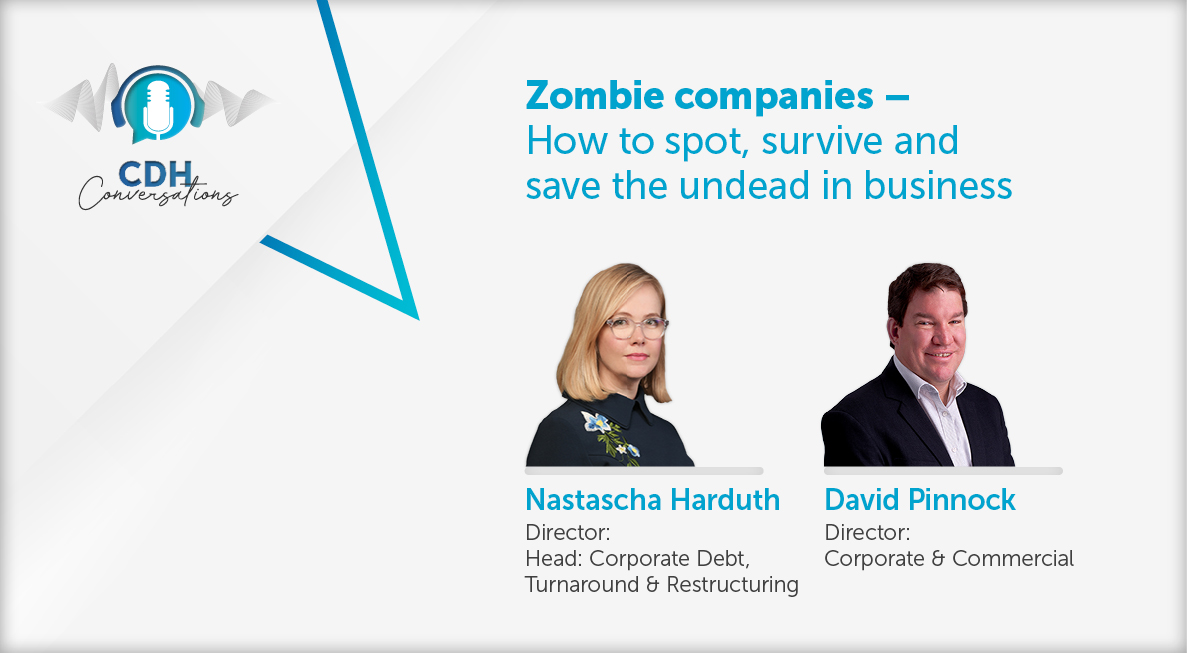Value-added tax: SARS takes away on take-away
The taxpayer (D) was a registered VAT vendor. It operated a foods delivery business. D contracted with food outlets and restaurants to advertise their menus in booklets which D had printed and delivered to households.
Customers who wished to place orders for food phoned an operator at D’s premises who took the orders. D’s staff would then pass the details of the order to the relevant food outlet and despatch a driver to collect and pay for the food that had been ordered. The driver then delivered the food to the customer. D’s branding was on the drivers’ uniforms.
In the process, two amounts were charged:
- First, D charged the food outlets a commission calculated as a percentage of the price of the food bought by D for the customers.
- Second, on delivery, the drivers charged the customers a charge called “driver’s petrol money”. The drivers essentially were entitled to keep that money for themselves.
D duly charged VAT to the food outlets on the commission.
However, D charged no VAT on the delivery charges. The South African Revenue Service contended that D was obliged to charge VAT on the delivery charges on the basis that the delivery of the food was a supply of services by it.
D’s case was that it was not making the supplies for VAT purposes; the supplies were made by the drivers who were independent contractors and not employees of D. It contended that the only supplies it made were the administrative services of receiving the call, placing the order with the food outlet, and communicating the order to the drivers. D’s clients were not the customers who placed the orders; D’s clients were the food outlets to whom it charged the commission.
The court carefully analysed a number of foreign VAT cases that dealt with similar issues. The court then held that, based on the facts, a contract did arise between D and the customers who placed the orders. The position was not affected by the question of whether or not the drivers were independent contractors. The customers expected delivery by D, not a third party. The driver had no legal right to exact payment of the delivery charge from the customer; only D had that right. D provided the delivery services to the customers using sub-contracted drivers. It financed the delivery by recouping the delivery charges from the customers.
Accordingly, the court found that D had supplied services to the customers in the course of its enterprise for consideration and, so, was liable to charge VAT on the delivery charges.
The judgment particularly affects franchisees who often sub-contract drivers to do deliveries. However, it also sounds a warning to VAT vendors generally to ensure that they account for VAT correctly on all supplies, even if the ultimate consumer is removed from the vendor’s operations.
The information and material published on this website is provided for general purposes only and does not constitute legal advice. We make every effort to ensure that the content is updated regularly and to offer the most current and accurate information. Please consult one of our lawyers on any specific legal problem or matter. We accept no responsibility for any loss or damage, whether direct or consequential, which may arise from reliance on the information contained in these pages. Please refer to our full terms and conditions. Copyright © 2026 Cliffe Dekker Hofmeyr. All rights reserved. For permission to reproduce an article or publication, please contact us cliffedekkerhofmeyr@cdhlegal.com.
Subscribe
We support our clients’ strategic and operational needs by offering innovative, integrated and high quality thought leadership. To stay up to date on the latest legal developments that may potentially impact your business, subscribe to our alerts, seminar and webinar invitations.
Subscribe




